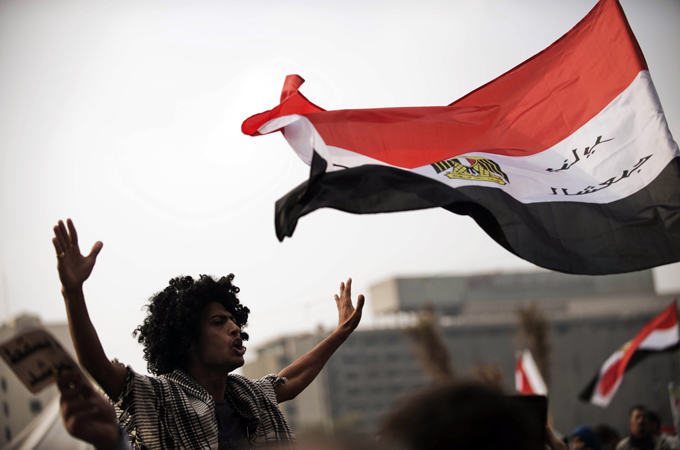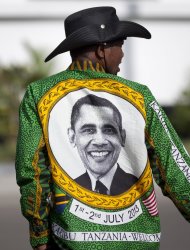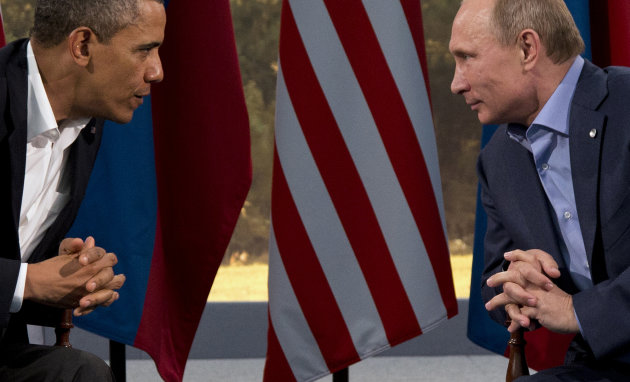Understanding Structured Settlements
What is Structured Settlements? How does it work for me?
Have you brought a lawsuit against a company or an individual that you claim caused you permanent harm as a result of their negligence or intentional misconduct? (that's just a fancy "lawyer" way of saying that you’re hurt and you say it’s their fault). Did you win or settle your lawsuit? If so, then you need to understand the basics about structured settlements, as it may be an important option to consider.
Ordinarily, when you win a judgment or settle your lawsuit the defendant has to pay you the judgment or settlement amount in a lump sum. Let's say, for example, you have a form of cancer caused by asbestos called asbestosis. You sue the asbestos manufacturer, who agrees to settle out of court for a million dollars (don't get excited or disappointed; this is just an imaginary amount for example purposes). You get a check for a million dollars, right?
That's one option, but a structured settlement might make more sense depending on your circumstances. A structured settlement pays you in installments over time instead of a single lump sum.
Installment payments can be structured in a number of ways to suit your needs and to protect you from inflation. They can range from a simple yearly payment to complex arrangements consisting of an initial lump sum payment, monthly indexed installments, deferred payments, and special provisions relating to the future care or death of the insured.
Typically, the defendant would purchase an annuity (from an annuity or insurance company) for a dollar amount that is paid up front. The annuity provides regularly scheduled income payments as specified by you and your attorney under the terms of the structured settlement.
What are the advantages of a structured settlement? Well, for one thing, you are guaranteed a source in income for life. A second important advantage is tax management: you may be able to substantially reduce the taxes you would have to pay Uncle Sam on any investment income that would otherwise accrue from investment of a lump sum settlement.
Apart from the tax savings, it's also important to "know thy self" when making a decision about structured settlements. Are you the kind of person who would head to Vegas, do a little world travel, buy lots of toys, and basically blow your money until you have nothing left of your million dollars in a year or two? If so, a structured settlement might be the way to go.
There are some negatives, however, that you need to be aware of. First, once you agree to it, you are stuck with the terms of the structured settlement. You cannot change it at some later date. Hence, it's very important to be represented by a good attorney and tax advisor who will help negotiate structured settlement terms that meet your needs, such as protection from rising inflation. If you don’t expect to live very long, on the other hand, you may want a settlement that guarantees a minimum payment even if you die before the guarantee period expires. This can protect your family or beneficiaries from being left without financial resources.
Contrary to the suspicions of some uniformed plaintiffs, structured settlements are not intended to and do not (assuming you are represented by a decent lawyer) re-assess or change your award. They are simply a device to allow for payment of your judgment or settlement over time, or on an installment basis. They are flexible and can be structured to meet many needs and life circumstances.
People who receive structured settlement payments however may decide at some point during the life of the settlement that they need more money in the short term rather than periodic payments over time. In this case, some people opt for a structured settlement factoring transaction. With this type of transaction the structured settlement recipient can sell (or encumber) all or part of their future periodic payments for a present lump sum.
While a structured settlement is not appropriate for everyone, they can be very useful, depending on your needs. Your attorney can help you evaluate whether they are suitable for you. Some additional links with more information about structured settlements are included at the bottom of this page.
This article is intended to provide general information only, not legal advice. Please consult an attorney for advice in connection with structured settlements or any of the issues addressed in this article
What is Structured Settlements? How does it work for me?
Have you brought a lawsuit against a company or an individual that you claim caused you permanent harm as a result of their negligence or intentional misconduct? (that's just a fancy "lawyer" way of saying that you’re hurt and you say it’s their fault). Did you win or settle your lawsuit? If so, then you need to understand the basics about structured settlements, as it may be an important option to consider.
Ordinarily, when you win a judgment or settle your lawsuit the defendant has to pay you the judgment or settlement amount in a lump sum. Let's say, for example, you have a form of cancer caused by asbestos called asbestosis. You sue the asbestos manufacturer, who agrees to settle out of court for a million dollars (don't get excited or disappointed; this is just an imaginary amount for example purposes). You get a check for a million dollars, right?
That's one option, but a structured settlement might make more sense depending on your circumstances. A structured settlement pays you in installments over time instead of a single lump sum.
Installment payments can be structured in a number of ways to suit your needs and to protect you from inflation. They can range from a simple yearly payment to complex arrangements consisting of an initial lump sum payment, monthly indexed installments, deferred payments, and special provisions relating to the future care or death of the insured.
Typically, the defendant would purchase an annuity (from an annuity or insurance company) for a dollar amount that is paid up front. The annuity provides regularly scheduled income payments as specified by you and your attorney under the terms of the structured settlement.
What are the advantages of a structured settlement? Well, for one thing, you are guaranteed a source in income for life. A second important advantage is tax management: you may be able to substantially reduce the taxes you would have to pay Uncle Sam on any investment income that would otherwise accrue from investment of a lump sum settlement.
Apart from the tax savings, it's also important to "know thy self" when making a decision about structured settlements. Are you the kind of person who would head to Vegas, do a little world travel, buy lots of toys, and basically blow your money until you have nothing left of your million dollars in a year or two? If so, a structured settlement might be the way to go.
There are some negatives, however, that you need to be aware of. First, once you agree to it, you are stuck with the terms of the structured settlement. You cannot change it at some later date. Hence, it's very important to be represented by a good attorney and tax advisor who will help negotiate structured settlement terms that meet your needs, such as protection from rising inflation. If you don’t expect to live very long, on the other hand, you may want a settlement that guarantees a minimum payment even if you die before the guarantee period expires. This can protect your family or beneficiaries from being left without financial resources.
Contrary to the suspicions of some uniformed plaintiffs, structured settlements are not intended to and do not (assuming you are represented by a decent lawyer) re-assess or change your award. They are simply a device to allow for payment of your judgment or settlement over time, or on an installment basis. They are flexible and can be structured to meet many needs and life circumstances.
People who receive structured settlement payments however may decide at some point during the life of the settlement that they need more money in the short term rather than periodic payments over time. In this case, some people opt for a structured settlement factoring transaction. With this type of transaction the structured settlement recipient can sell (or encumber) all or part of their future periodic payments for a present lump sum.
While a structured settlement is not appropriate for everyone, they can be very useful, depending on your needs. Your attorney can help you evaluate whether they are suitable for you. Some additional links with more information about structured settlements are included at the bottom of this page.
This article is intended to provide general information only, not legal advice. Please consult an attorney for advice in connection with structured settlements or any of the issues addressed in this article





















